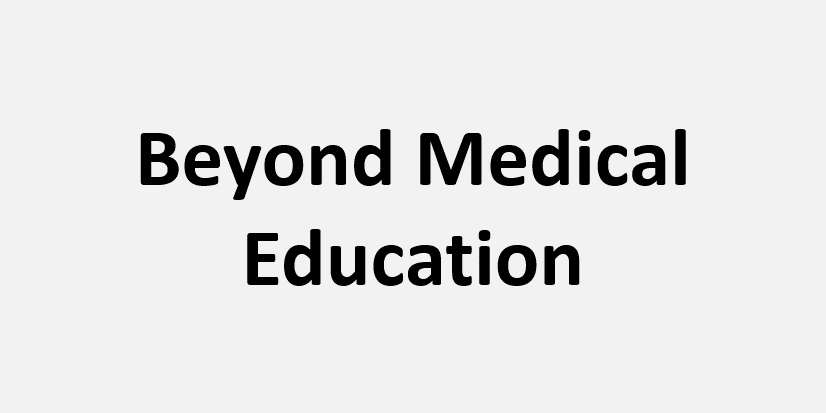Enhancing Country Health Outcomes (ECHO)
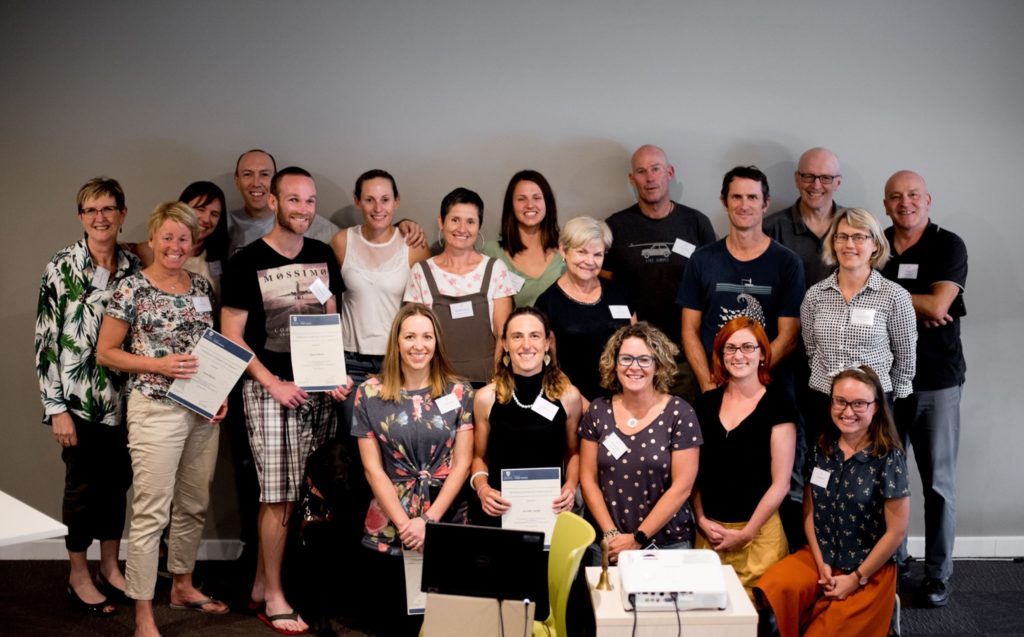
The Enhancing Country Health Outcomes (ECHO) grant program aims to improve health outcomes for people living in rural, regional and remote Victoria and New South Wales.
The program provides targeted funds for charitable initiatives delivered by not-for-profit organisations that strengthen, improve accessibility and retain quality and contextually appropriate primary health care services in local communities.

This program has now concluded.
Proudly supported by
Current round
Closed
Currently assessing
The 2020 round has been awarded
Future rounds
This program is closed
Previous rounds
How to apply
Please read the information on each of the three tabs below to make sure this is the right grant for your project.
If you want to explore other grant options, please go to Find Funding Now.
I have a question, who can I talk to?
info@frrr.org.au
1800 170 020
Confirm you are eligible to apply for this grant
To make sure this is the right grant for your community, please read the grant information below carefully. Click on each headline to reveal the detail.
What are the program objectives?
- Projects funded must align with one or more of the following charitable outcomes:
- Bringing people and community organisations together to foster stronger, more resilient communities;
- Fostering and celebrating a sense of identity, diversity and cultural connection within the community;
- Improving community health and social wellbeing;
- Enabling people to develop skills, knowledge and confidence to lead and contribute to the prosperity and renewal of their community;
- Building a sustainable volunteer base and/or supporting the wellbeing of volunteers;
- Celebrating and resourcing volunteer-led efforts;
- Increasing access and inclusion for vulnerable and disadvantaged groups, including remote communities;
- Enhancing places where communities gather;
- Promoting connection to place and enabling initiatives that champion a community’s social, cultural or economic aspirations;
- Increasing capacity and capability of local community organisations to support preparedness and recovery from natural disasters;
- Enabling locally-led responses within rural, regional and remote communities endeavouring to reduce the impacts of the changing climate within their community
Is this grant available in my area?
This program is open to remote, rural and regional Victorian and New South Wales communities.
How much funding is available? Are there priority areas?
ECHO was established with funding from Beyond Medical Education. Grants of between $50,000 and $150,000 were awarded for projects to be delivered over two years from October 2018.
What can be funded?
Priority will be given to locally driven initiatives, based in rural, regional and remote Victorian and New South Wales communities that:
- Improve accessibility and availability of innovative public primary health service delivery that while publicly available, is difficult to access;
- Enable communities to attract and retain a multi-disciplinary health workforce, including General Practitioners and allied health workers, through innovative and novel approaches;
- Support the rural, regional and remote health workforce in being prepared for living and thriving in their / these communities;
- Provide innovative responses to local health needs thatare collaborative, integrated and help create systemic change;
- Develop and implement evidence-based, best-practice models of care that are affordable, acceptable and appropriate to meeting the primary health care needs of people living in rural, regional and remote areas.
The kinds of projects that could be funded through ECHO include (but are not limited to):
- Support for primary health care and training in a rural, regional or remote setting;
- Purchasing equipment or resources to enable a local primary health program, service or activity;
- Culturally-appropriate activities, leading edge professional development or community resources;
- Strengthening retention rates of primary healthcare services in rural and remote locations;
- Collaborating with other local, state or industry services focused on improving primary health;
- Fostering local partnerships that help to strengthen primary health care services for local residents;
- Exploring existing models of best practice to support communities around the provision of affordable and accessible primary health care services in rural, regional and remote communities.
- Salaries and wages may be supported if linked to the delivery of the project and where ongoing funding for the position is not required.
Preference will be given to projects that:
- Respond to specific population health issues within a local community;
- Serve communities with populations under 20,000 in Victoria and New South Wales;
- Are collaborative, multi-disciplinary and integrated in nature;
- Demonstrate innovative and novel approaches to achieve program objectives;
- Are sustainable beyond the period of the grant – long-term, scalable and capable of being adapted to meet the primary health care needs of other communities;
- Can clearly measure and report on project outcomes.
What can’t be funded?
There are several areas that we can’t fund through this program. If in doubt, please contact us.
- Projects that support core business and areas of responsibility of Federal, State or Local Governments;
- Ongoing core organisational operational costs (e.g. rent, utilities, regular wages, loan repayments);
- The encouragement or advancement of sport, recreation and social activities are not considered charitable activities under Australian law. Applications from sporting organisations need to clearly demonstrate charitable outcomes and benefit to the wider community that are above and beyond the sporting activities of the club;
- Overseas travel and overseas projects;
- Prizes, gifts, trophies or awards;
- Political lobbying;
- Projects that primarily benefit private business or private interests;
- Projects solely focused on animal welfare.
Is my organisation eligible?
To apply, you must meet the following criteria:
- Project must offer clear public benefit (i.e. has a charitable purpose);
- Applicant organisations must be a not-for-profit, community-based organisation with an ABN or Incorporation Certificate;
- Organisations with or without DGR endorsement are eligible;
- Organisations can submit one application per grant round;
- Applicants must be in a rural, regional or remote area (defined as outside ‘Major Cities of Australia/ Code RA1’ of the 2016 Australian Standard Geographical Classification (ASGC)).
Please note, you will be considered ineligible if the:
- Application is submitted by individuals, sole traders, private or commercial businesses (as per the submitted ABN);
- Application is submitted by an organisation that is not a legal entity, without the written consent of the governing / partnering body who holds the ABN / Incorporation number;
- Application is submitted without required financial documentation (see additional information on the second tab);
- Final report/s from any FRRR grants awarded in the previous seven years have not been acquitted (delivery organisations should check with legal organisation to see if there are any outstanding final reports);
- Application is for a project or activity that has already occurred / is occurring prior to the announcement of funding;
- Application is incomplete. NOTE: Due to the volume of applications received, applications are assessed based on the documentation received at the time of application. FRRR is unlikely to follow up missing documentation after applications have been submitted.
If you need to share this information with others, you can download the guidelines above.
Gather information to support your grant application
Please read the information below to plan and prepare your project. The information below sets out what you MUST include for your project to be considered. There are plenty of helpful resources to support you along the way.
Please contact FRRR if you have any questions about the following information.
Your grant application MUST include:
Clear project information
Why is this important?
FRRR needs to clearly understand your project to assess its merits. Applicants should focus on addressing the what, when, where, who, why and how of the project, as this is the best formula to clearly communicate the details of the project.
A ready community is best placed to achieve the aims of your project, so during assessment, our staff look for
information that tells us that good leadership, skills and awareness exist in your community to support the project now and in the future.
A clear description of exactly what the grant funds will be used for, when and where the project will happen, who will benefit and who will be involved in delivering the project, why the project and grant funds are needed, how funds will be spent and how the activities and success of the project will be recorded, evaluated and shared.
Where possible, also indicate that your community is ready to deliver the project and if required, can support the initiative ongoing – i.e. awareness of need is widespread, appropriate leadership, resources, skills and knowledge exist in the community.
Helpful resources:
Financial information
Why is this important?
FRRR uses this information to understand your organisation’s ability to manage the grant funds and its financial viability.
Applications received without the requested financial information are ineligible. Providing incorrect information on financials is currently the most frequent reason why applications are not considered.
- For organisations that have audited financials: Attach the most recent annual audited statements;
- For organisations that do not have audited financials: Attach the most recent 12 months Income and Expenditure Statement. If you have a Balance Sheet, please also submit;
- For organisations less than one year old: Provide Bank Statements for the period you have been operating.
Please note:
- If financial documents are more than 18 months old, please provide an explanation as to why the organisation does not have more recent documents;
- Bank Statements are only acceptable as financial documentation if your organisation has been operating for less than one year;
- Explain any deficits and steps to sustain the organisation financially;
- Provide a brief explanation of any large financial surplus or current assets and reasons why FRRR funds are still required;
- Income and Expenditure statements must cover a full 12-month period.
- Please contact us if you cannot provide required financials or you are unsure about what to provide.
- Why is this important?
- FRRR uses this information to understand your organisation’s ability to manage the grant funds and its financial
- viability.
Project budget
Why is this important?
A clear budget helps FRRR to understand the size of your project, exactly how FRRR funds will be spent and helps demonstrate community support for your project through in-kind contributions either from your organisation or partners / community members.
You must include a project budget that clearly shows the items that FRRR grant funds will be used for and shows all income and expenses related to your project.
Budgets should be realistic and must add up – i.e. total expenditure must match total income.
Applicant contributions in cash or in-kind are highly regarded. Quotes or detailed rationale for items over $1,000 are
required, where possible. Note: FRRR suggests costing unskilled volunteer labour at $41.00 per hour.
Helpful resources:
Eligible legal entities
Why is this important?
The Strengthening Rural Communities program is only able to distribute funds to not-for-profit organisations with an ABN or Incorporation number, and FRRR needs to know that the organisation with that ABN / Incorporation number understands and agrees to carry out their responsibilities in relation to your project, if successful.
Every application needs to include an organisation that holds either an ABN or Incorporation Certificate. If your organisation doesn’t have that, FRRR could still fund the project (with your organisation as the delivery organisation) but you need another organisation’s support, which we refer to as the ‘legal organisation’.
Even though your organisation may complete the application (and will be doing the work), it’s the overarching organisation’s legal and financial information that needs to be provided. They also need to provide a letter of support, confirming they are willing to play this role.
This situation often occurs often when the organisation delivering the activity or project is a branch of an overarching organisation – such as a local CWA or YMCA branch.
Supporting materials
Why is this important?
FRRR seeks to fund projects that are well-supported by the broader local community, are locally led and delivered, show good partnerships and benefit multiple parts of the community. As FRRR is not always familiar with your community, our staff consider support material as evidence toward understanding level of community need, benefit and support.
FRRR strongly recommends that you provide supporting materials such as letters of support, community plans, survey results, photographs, media clips and research reports that can show the wider community support and partnerships involved in the project.
Large documents should be referenced and explained in the application.
Helpful resources:
Focus area
Why is this important?
FRRR makes grants to communities, but we also need to be able to demonstrate to our funding partners where communities need support. To help us do this, we have grouped the kinds of projects communities commonly us us to help fund into seven areas, which we call the Activity Tree:
1. Building community resilience
2. Developing organisational resilience and capacity
3. Enhancing environmental sustainability
4. Fostering cultural vibrancy
5. Lifelong learning and education
6. Economic strength
7. Improving community health and social wellbeing
We ask you to nominate one of those seven areas when you apply. So, before you lodge your application, download the Activity Tree and watch this introductory clip about the Activity Tree.
Need some more help?
We have a large selection of resources on our Grant Seeker Resources Page to help you along the way.
This program is now closed
Before you submit your application via the online Grants Gateway, please ensure you have:
It is time to submit your application. If it is helpful, you can download a copy of the application form.

Grants Gateway
All applications must be submitted through the online Grants Gateway.
Explore some of the projects we’ve previously funded to see how other organisations have helped their community thrive.
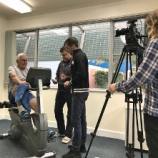
Gippsland’s Healthy CHAT project
Latrobe Community Health Services were awarded a $125,200 ECHO grant to develop and evaluate a training package for primary health staff in rural settings, in the delivery of Very Brief Advice to clients related to smoking, nutrition, alcohol and physical activity.
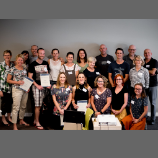
New approach to pain in SA neck of the woods
With the help of an ECHO grant, The Pain Revolution, in conjunction with the University of South Australia, set out to establish a community-led health initiative to promote best-practice pain management services in country NSW and Victoria.
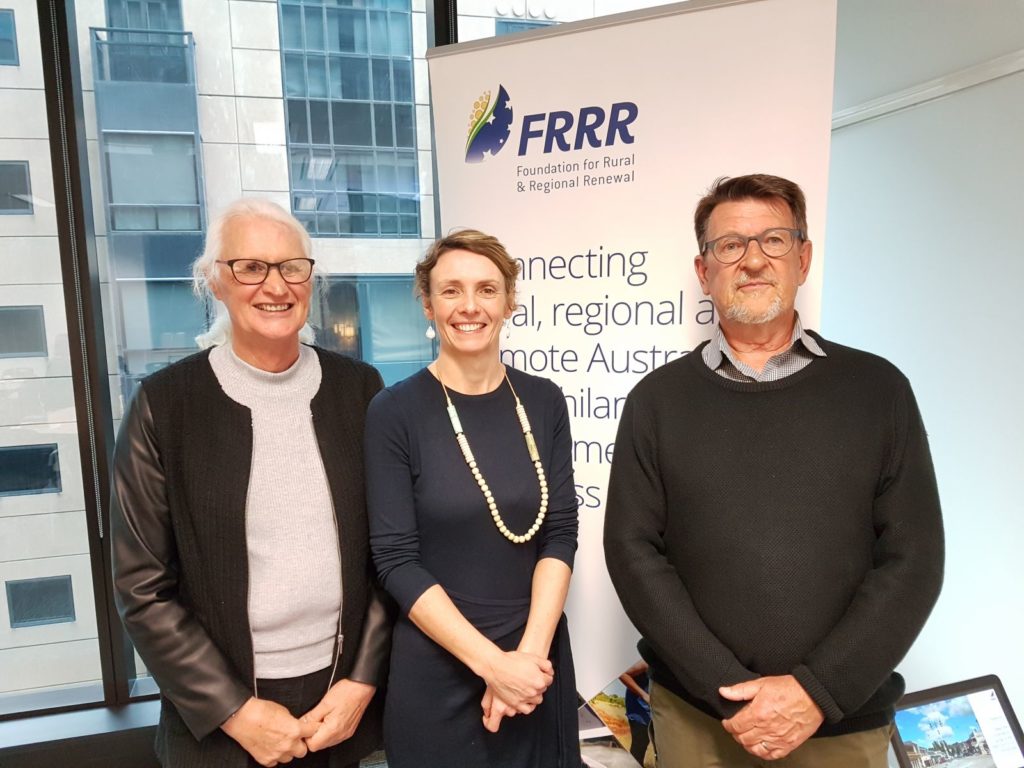
Mallacoota doing it for themselves
Mallacoota is a community that has a plan, and is implementing it, one step at a time and by working together. Robin Bryant from CHIRF shared their story at a Rural and Regional Funders group meeting in Melbourne, in September.

